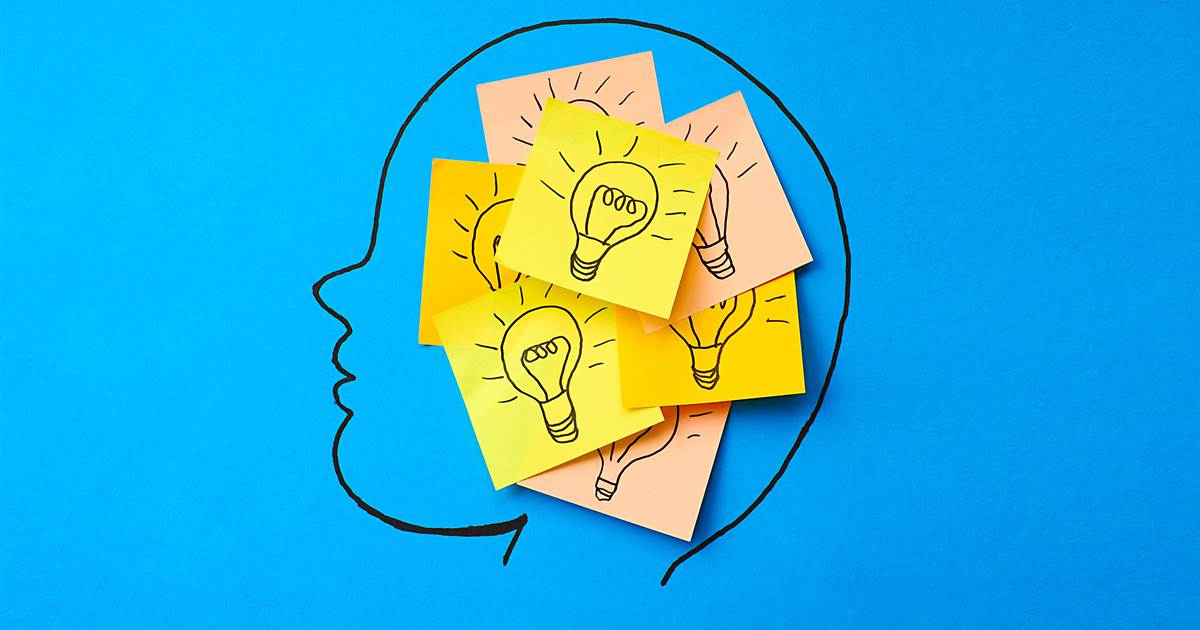Nature Knows and Psionic Success
God provides
How to improve your memory, according to neuroscience

Why is it that you can perfectly recite the words to *NSYNC’s “Bye Bye Bye,” but can’t remember the title of the new TV show you started watching on Netflix and wanted to tell your coworker about? We remember things because they either stand out, they relate to and can easily be integrated in our existing knowledge base, or it’s something we retrieve, recount or use repeatedly over time, explains Sean Kang, PhD, assistant professor in the Department of Education at Dartmouth College, whose research focuses on the cognitive psychology of learning and memory. “The average layperson trying to learn nuclear physics for the first time, for example, will probably find it very difficult to retain that information." That’s because he or she likely doesn’t have existing knowledge in their brain to connect that new information to. And on a molecular level neuroscientists suspect that there’s actually a physical process that needs to be completed to form a memory — and us not remembering something is a result of that not happening, explains Blake Richards, DPhil , assistant professor in the Department of Biological Sciences and Fellow at the Canadian Institute for Advanced Research. In the same way that when you store a grocery list on a piece of paper, you are making a physical change to that paper by writing words down, or when you store a file on a computer, you’re making a physical change somewhere in the magnetization of some part of your hard drive — a physical change happens in your brain when you store a memory or new information. “So the ultimate question, at the cellular level, as to whether or not a memory gets stored [in the brain] is does that process actually complete properly,” he explains. “Do all of the molecular signals […]
Click here to view full article
